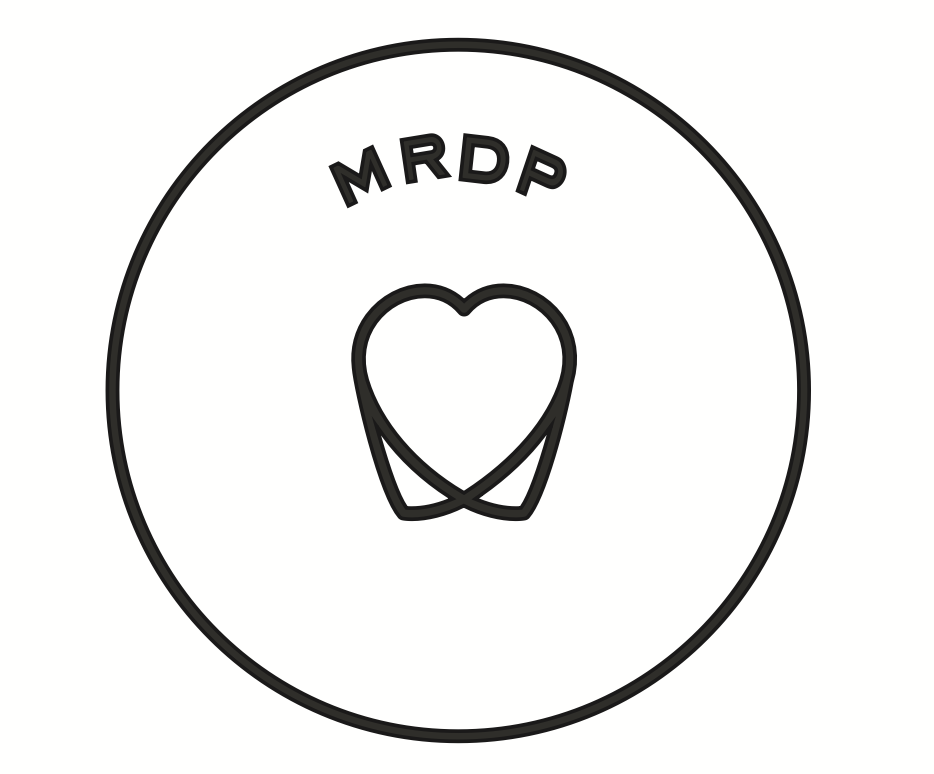Dental anxiety is a common problem that affects many people. It can be caused by a variety of factors, including fear of pain, embarrassment, or a traumatic experience in the past. Unfortunately, dental anxiety can lead to serious oral health problems if left untreated. In this article, we will discuss dental anxiety and how dentists can help patients overcome their fears.
What is Dental Anxiety?
Dental anxiety is a psychological condition that causes a person to feel extreme fear or anxiety about going to the dentist. This fear can be so severe that it prevents the person from seeking dental care, which can lead to serious oral health problems. Some common symptoms of dental anxiety include sweating, rapid heartbeat, trembling, and nausea.
How Dentists Can Help Patients with Dental Anxiety
Dentists can play a crucial role in helping patients overcome their dental anxiety. Here are some ways that dentists can help:
Communicate with the Patient: One of the most important things a dentist can do is to communicate with the patient. This means taking the time to explain what will happen during the appointment, answering any questions the patient may have, and providing reassurance.
Use Sedation Dentistry: For patients with severe dental anxiety, sedation dentistry may be an option. This involves using medication to help the patient relax and feel more comfortable during the appointment. Sedation dentistry can be administered in several ways, including orally, intravenously, and through inhalation.
Create a Relaxing Environment: Dentists can also create a relaxing environment to help patients feel more comfortable. This may involve playing calming music, using aromatherapy, or offering amenities such as blankets and pillows.
Practice Gentle Dentistry: Dentists can also use gentle dentistry techniques to help minimize pain and discomfort. This includes using local anesthesia to numb the area being treated and using gentle, careful techniques to minimize discomfort.
Refer Patients to a Specialist: For patients with severe dental anxiety, a referral to a specialist may be necessary. This may include a psychologist or psychiatrist who can help the patient overcome their fear.
Conclusion
Dental anxiety is a common problem that can lead to serious oral health problems if left untreated. However, dentists can play a crucial role in helping patients overcome their fears. By communicating with patients, using sedation dentistry, creating a relaxing environment, practicing gentle dentistry, and referring patients to specialists if necessary, dentists can help their patients feel more comfortable and confident about seeking dental care. If you are experiencing dental anxiety, talk to your dentist about your options for overcoming your fear.



